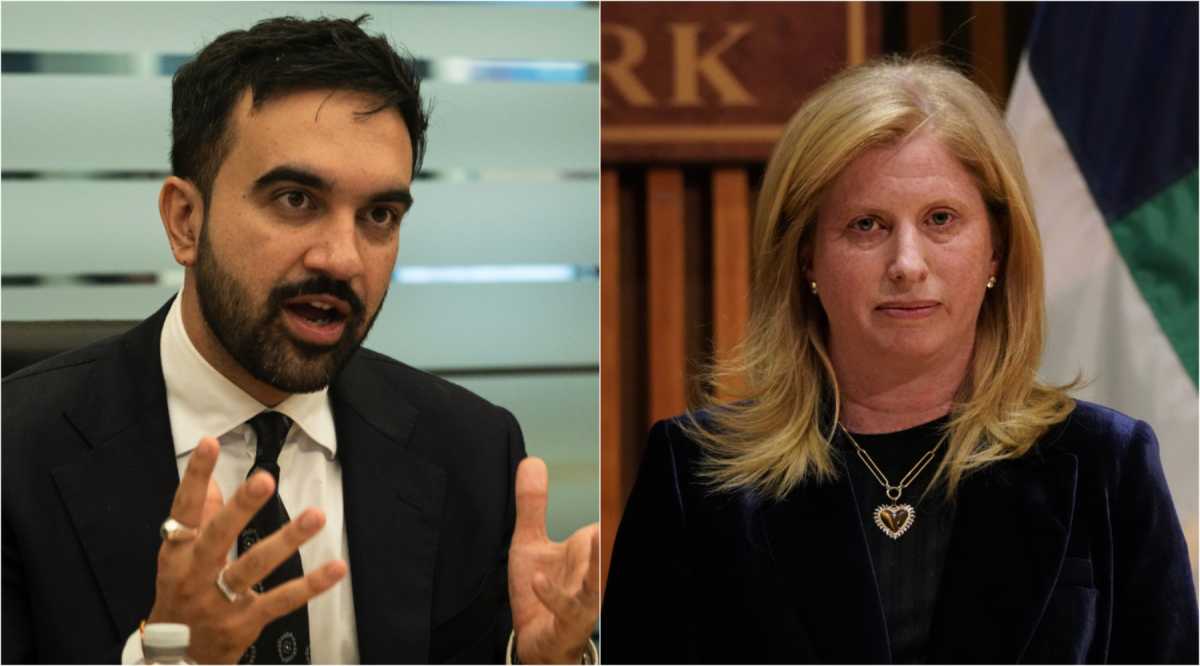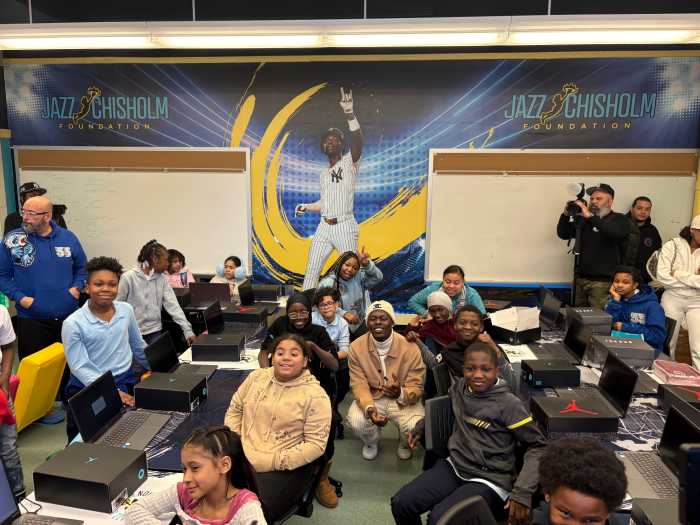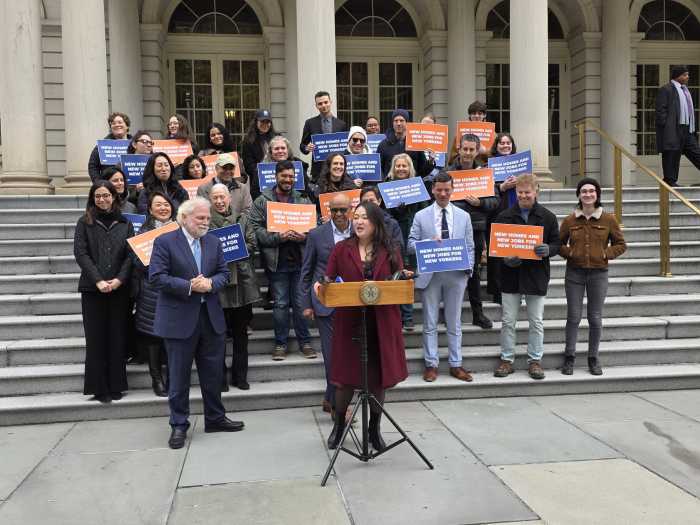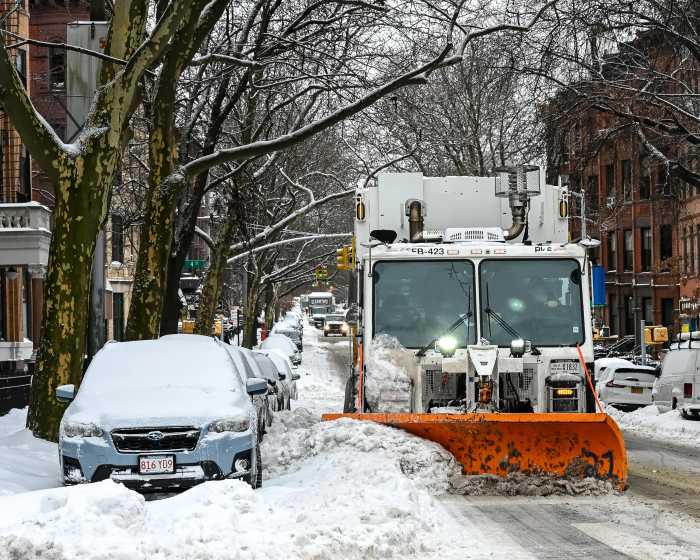Add Sunset Park City Councilman Carlos Menchaca to the growing list of city lawmakers concerned over the fate of longtime small- and medium-sized businesses increasingly being displaced in quickly gentrifying neighborhoods.
Currently, there are two bills and one resolution floating in the City Council attempting to deal with the situation.
The first bill is based on Manhattan Borough President Gale Brewer’s March 2015 report, Small Business, Big Impact. The measure recommends ground floor storefronts up for lease renewal go into non-binding mediation with landlords. If the mediation fails, storefront shopkeepers are given a one year extension with a 15% increase before they are forced out.
Brewer’s chosen sponsor to introduce the legislation is Bed-Stuy City Councilman and Chair of the Small Business Committee Robert Cornegy Jr.

Cornegy, earlier this year, introduced a related resolution calling upon the state to pass legislation establishing a property tax credit for commercial landlords who voluntarily limit the amount of rent increase to small business owner tenants upon lease renewal.
Critics of these two measures argue there is no real teeth to landlords possibly doubling and more monthly rents for longtime business owners as neighborhoods get gentrified, resulting in more chain retail stores and less mom-and-pop operations that is part of the city’s long history and character.
Bronx City Councilwoman Annabel Palma is the prime sponsor of the second bill, the Small Business Jobs Survival Act (SBJSA), which gives all commercial tenants a right to lease renewal and a right to a minimum 10 year lease under binding arbitration.
Critics of this measure argue it doesn’t hold legal muster and would not likely survive a landlord court challenge. Additionally, it is a form of rent control, and like residential rent control, may require the state to sign off on the deal.
Menchaca, who is chair of the Immigration Committee, is keenly aware that immigrants are the backbone of owners and workers of the small businesses being displaced. As such, he said both pieces of legislation have merit and deserve thoughtful consideration and conversation.

“I am taking my time speaking to many constituencies about what makes most sense for our community, and for our City. In the end, I am committed to a legislative action that offers the most robust protection for both the small businesses who define the character and the history of our neighborhoods, and the medium-sized operators in the precious manufacturing zones of Red Hook and Sunset Park,” said Menchaca.
Menchaca said it is clear to him that good public policy should offer the ability to ensure stability—economic and cultural—in communities that have developed and thrived for decades.
“In government, we are not in the business of promoting displacement or gentrification in any way, and as a representative of an incredibly vulnerable section of our City, I understand my role in ensuring that small, mostly immigrant-owned businesses are able to operate without the crippling fear of dislocation. To that end, I will continue engaging with my colleagues and with trusted community partners to arrive at a decision that affirms our resolve to keep communities intact and thriving,” he added.
While Menchaca appears to be sitting on the fence, the issue is coming to a boil for the Council to do something.
The powerful Real Estate Board of New York (REBNY), whose Jobs For New York political arm spent nearly $5 million in independent expenditures in the last citywide elections is also involved in the issue, and Brewer’s measure appears to favor their interests.
On the other side, feisty but less monied small business lobbyists like TakeBackNYC are strongly supportive of the SBJSA.
And sooner or later, Brooklyn’s progressive wing, including Menchaca and fellow Council Members Jumaane Williams and Brad Lander will either have to support one of the two measures or come up with a third solution.







